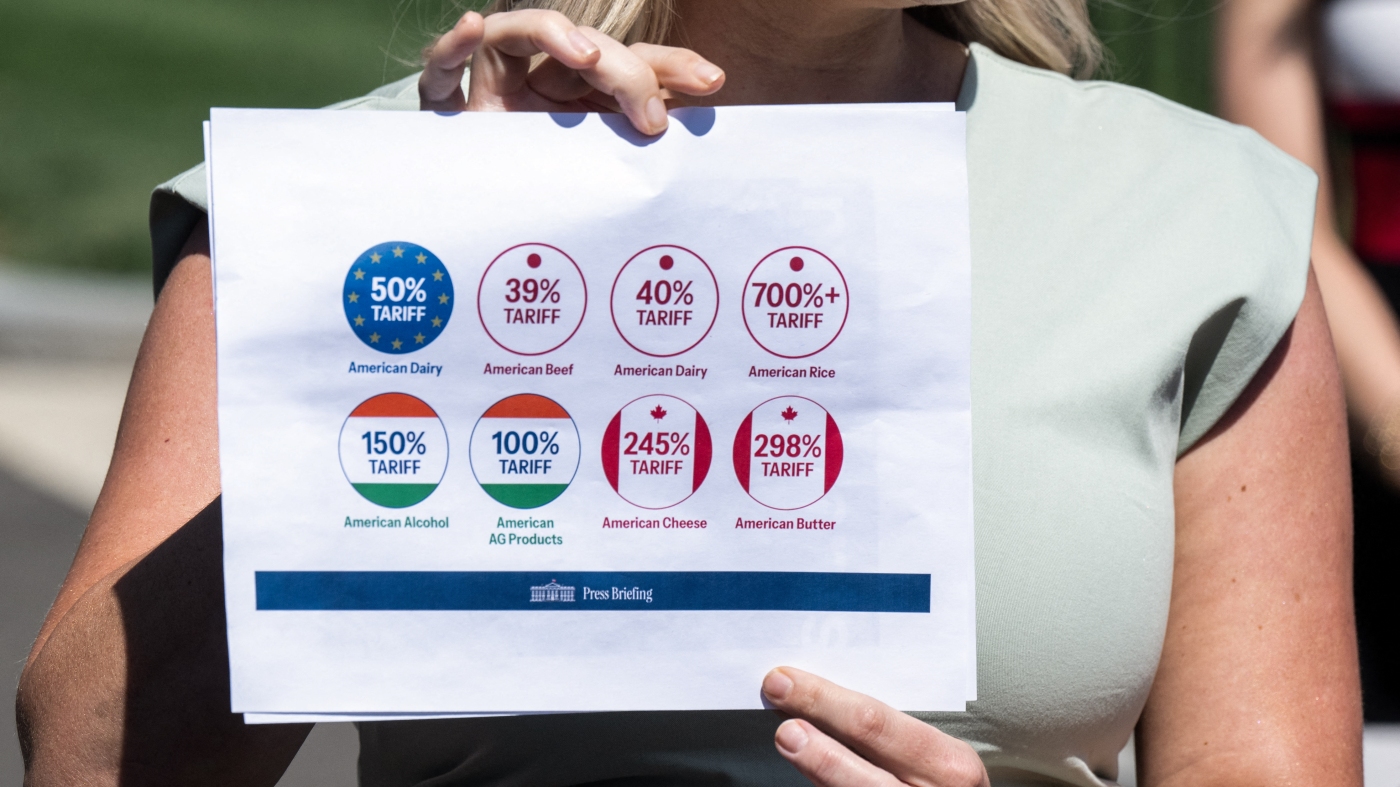Kenya has taken a significant step in the fight against climate change by submitting its Second Nationally Determined Contribution (NDC) to the United Nations Framework Convention on Climate Change (UNFCCC). This document outlines Kenya’s ambitious plan for a climate-resilient and low-carbon future from 2031 to 2035.
Meeting its deadline of April 30, 2025, Kenya’s NDC is a bold promise to reduce greenhouse gas emissions by 35%. This reduction translates to approximately 75.25 million tons of carbon dioxide by 2035. Such a commitment places Kenya among a select group of African countries with a clear long-term strategy for decarbonization.
Dr. Deborah M. Barasa, Cabinet Secretary in the Ministry of Environment, Climate Change, and Forestry, emphasized the significance of the NDC, stating, “This document is not just a report. It is Kenya’s blueprint for building a resilient society where communities and ecosystems thrive despite the climate crisis.” The plan showcases Kenya’s intent to adapt to climate change while actively reducing emissions.
To achieve these goals, Kenya plans to finance 20% of its climate actions domestically and is seeking global partners for the remaining 80%. This includes support through climate finance, technology transfers, and participation in carbon markets. The country anticipates needing a total of USD 56 billion over the next five years, with nearly USD 10.5 billion expected from local sources.
Importantly, the NDC was developed with input from a wide range of stakeholders, ensuring it reflects the needs of various communities. This collaborative approach underscores the government’s commitment to inclusive development.
As global climate anxiety rises, Kenya’s proactive stance stands out. It calls on the international community for support, inviting partnerships that can unlock sustainable development opportunities. By taking this bold action, Kenya aims to shape a greener, more inclusive future for all.
### Insights and Trends
Recent research suggests that countries actively engaging in climate action often see economic benefits. According to a report by the Global Commission on the Economy and Climate, bold climate investments could deliver a net economic gain of at least $26 trillion through 2030, compared to business-as-usual economic growth.
Moreover, social media trends show increased public conversation around climate action, with many supporting green policies and sustainability initiatives. This widespread engagement can amplify Kenya’s call for international backing and raise awareness about the importance of climate resilience.
In this crucial moment, Kenya not only affirms its leadership within Africa but also sets an example for other nations striving for a sustainable future.
Source link
United Nations Framework Convention on Climate Change (UNFCCC)





















